We called it "giving our testimony" and it was a periodic part of worship. Giving one’s testimony was a skill learned in Training Union class on Sunday nights and was considered an important part of our religious education. Generally in the Baptist church of my youth, the "age of accountability" (the time when children were considered old enough to understand the importance of joining the church and "being saved") was twelve and up. I began wanting to join the church at nine years old but Daddy did not give in to my pestering. He remained adamant and I was required to wait until my twelfth birthday. The first Sunday after my birthday I marched down the aisle and I was off to the church races.
Baptists had a system for teaching children and adults. Sunday School on Sunday morning was designed to teach you the Bible. All the lessons centered on the Bible, verses were memorized for each lesson and you got credit on the eight point record system for bringing your Bible to church. Sunday evening Training Union was designed to teach you how to "do" church. The practical skills... standing up to "give your part" ( read or recite a passage from the Training Union book)... learning about the organization of our denomination and our local church... writing your testimony and preparing to give it to the church... all these skills gave us a solid footing for our church membership. Being a church member was not taken lightly at Clyattville Baptist Church. Much of what I learned about being a Christian began in that little white concrete block church set among the tall pines of South Georgia. My solid foundation became a trampoline that has allowed me to explore the many faces of God without "losing my testimony."
I wish we could re-instate that ritual in my church. We come from so many different places and religious traditions. That often makes it difficult for us to understand our individual belief systems. Hearing what someone believes (or doesn’t believe) opens a window into their soul and changes the tenor of the conversation about differences. In the sharing of our stories of belief, we are transported to a rocking chair front porch where our individual faith family stories can be told and heard. Like all front porch conversation and all family stories, there is humor, recognition of our connections, and sometimes truth that transcends individual differences.
P.B.S. has a version of giving your testimony, a program called "This I Believe", and I find it soulful. It is not always religious but it always leads me to think about what I believe in response to what is presented. Giving one’s testimony, or saying "This I Believe", calls for some hard work. It is never easy to condense fluid, rarely examined, can’t find the words for beliefs. Nor is it easy to write what you believe if you are sure of what you believe. Putting beliefs in words is a difficult process calling forth the gifts of discernment, process, basic principles, the bed rock of your soul and it can be painful as well as liberating. I wonder what would happen if we were required to write our testimony and give it as a part of being a member of First Congregational United Church of Christ? Revolution would happen, probably. Maybe a good revolution...
If we were required to do the hard work of naming what we believe, naming the source of those beliefs, naming the struggles and affirmations of our beliefs and then had to share those testimonies with one another in public, what a revolution that would be. We could hear the voice of God speaking in the voices of those with whom we worship, those like us and those unlike us. We could know one another, not with our heads and facts only, but with our souls. We would be forced to define our beliefs and share them with others who are seekers also. It would be more difficult to dismiss one another as "too traditional" or "too liberal" or "messed up" or "just like me" or "not at all like me" when we hear the stories, the pain, the triumphs, the changes, the joys of one person’s faith. We would become the faces of God’s revelation for one another and like the sphere, a seamless whole would begin to emerge where everyone would have a "part to give". None of us can ever know God fully. Our souls and minds would be shattered if we ever saw or heard or felt the immensity of God. But we can know one another, truly know one another, and then a luminous image of God can begin to emerge as we risk sharing our deepest selves with one another. What a beloved community that would be...
Subscribe to:
Post Comments (Atom)

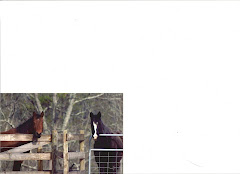
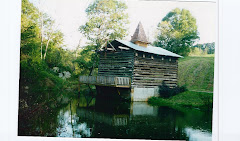


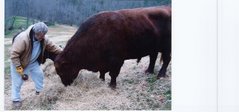
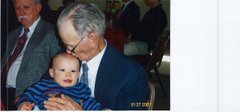
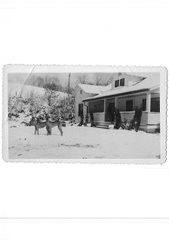

No comments:
Post a Comment